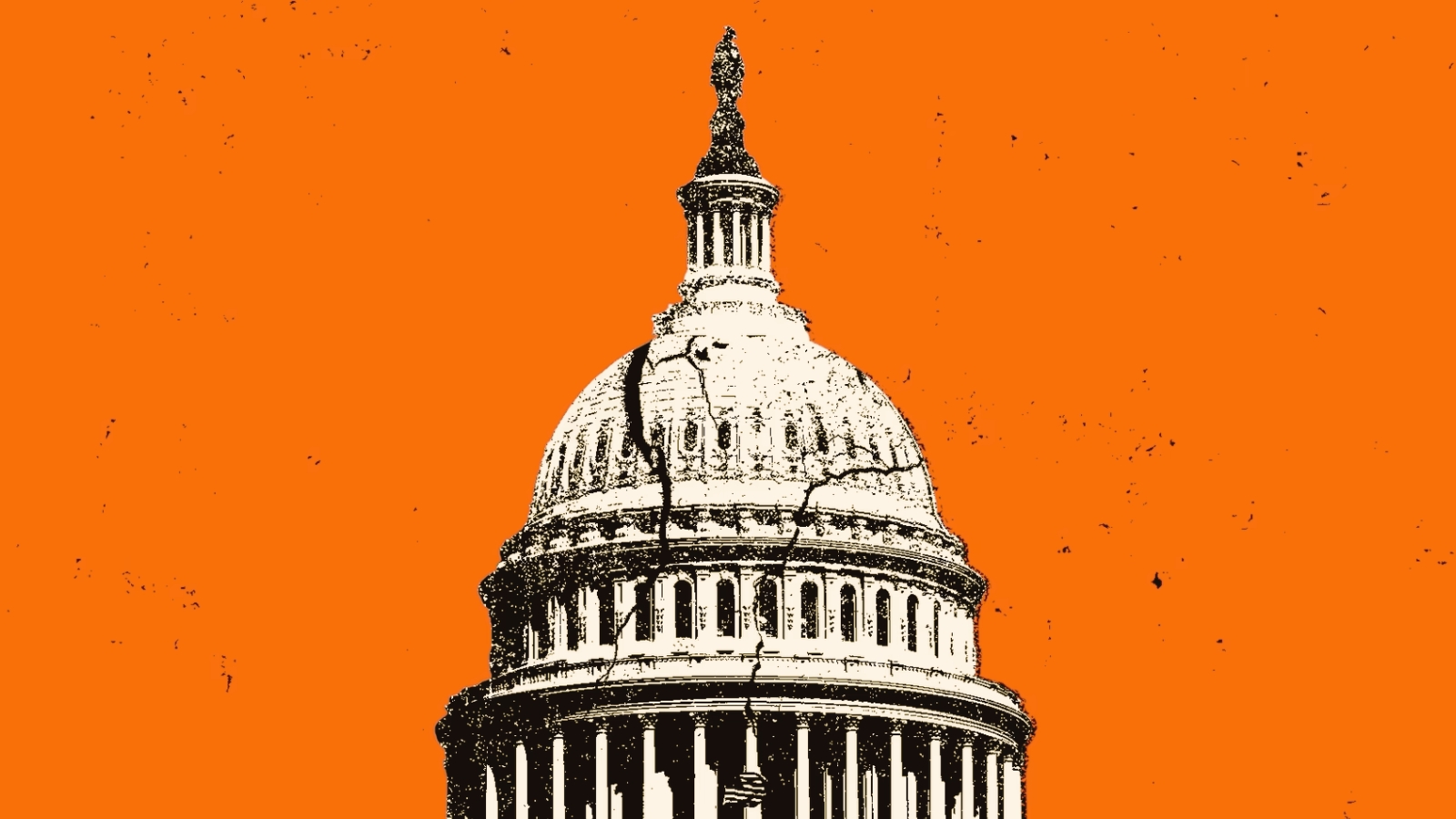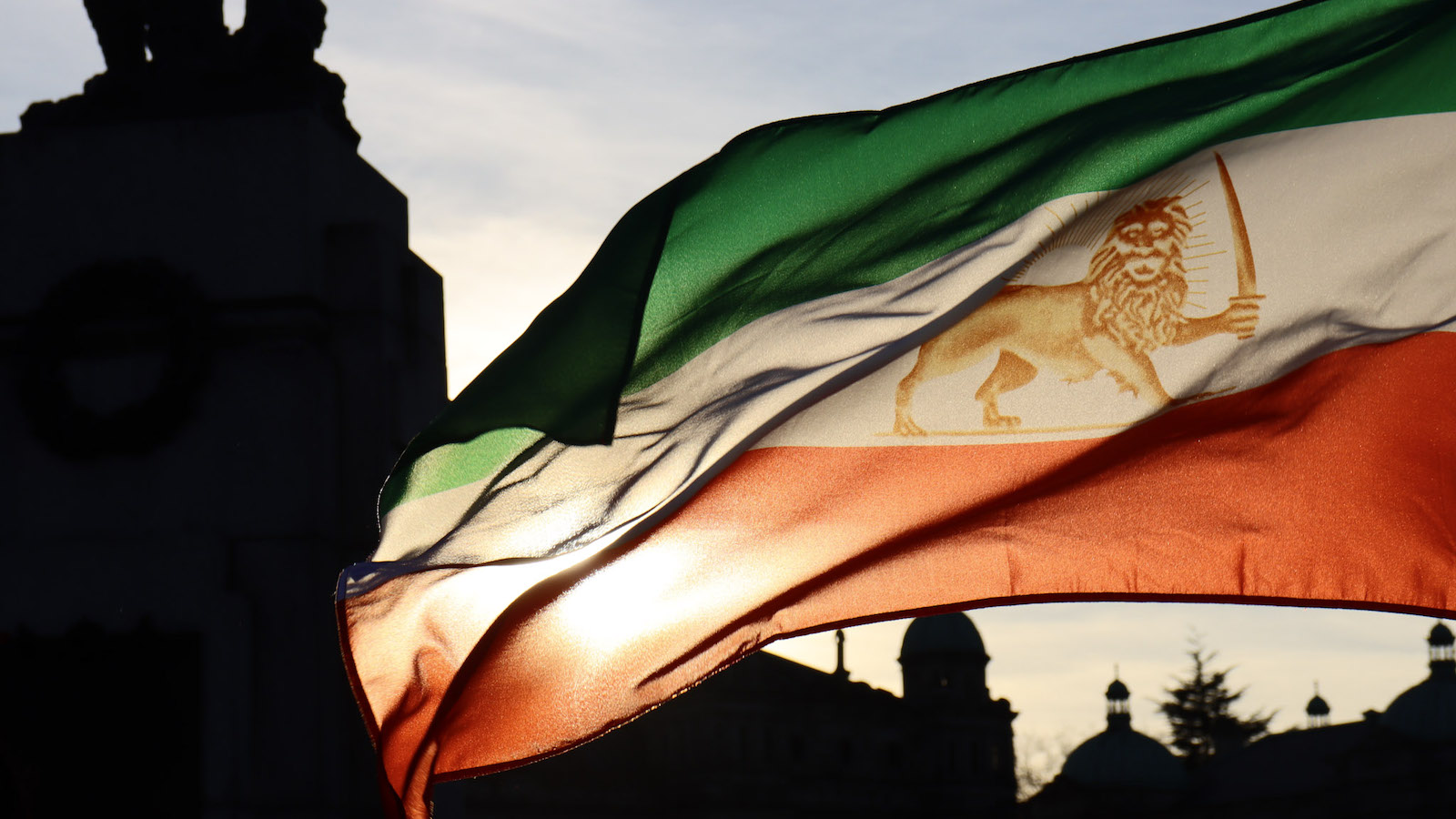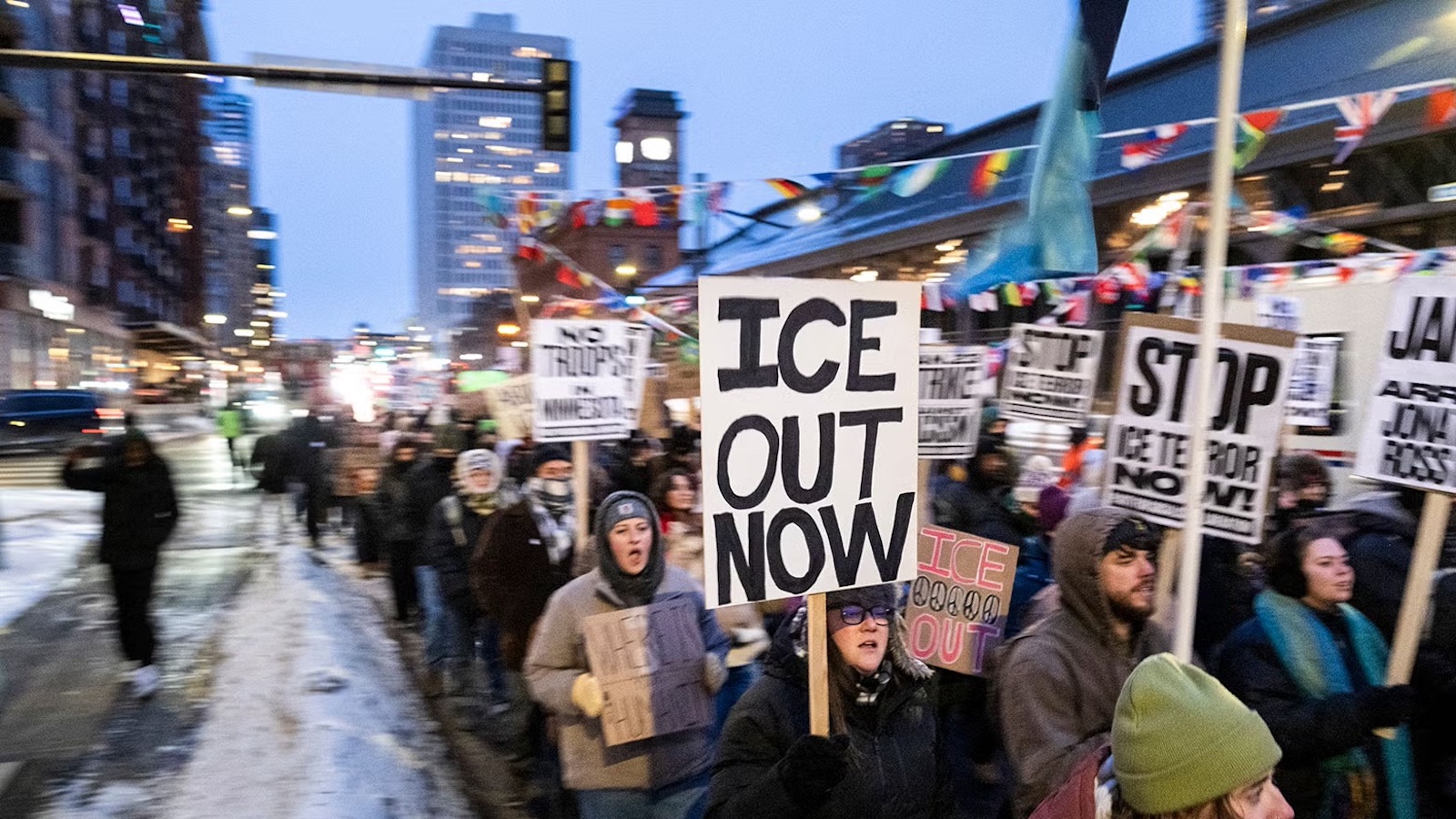
Small Government Can Prevent Political Violence
As the nation reels from the attempted assassination of former President Donald Trump, politics remain charged with the wrong kind of energy. For years, frustration with a broken establishment continues to boil over into violence that threatens towns, jobs, and citizens’ well-being. Most Americans think the government does too much, depriving them of accomplishment, purpose, and autonomy over their lives. Political acts of violence, like what we saw on July 13, 2024, are extreme acts of attention-seeking by constituents who feel left behind by American politics.
Kim Cheatle, the Director of the Secret Service, gave no concrete answers to Congress on the botched response that risked the 45th president’s life. Her failure to protect the former president reflects a larger problem: America’s institutions are too congested to mitigate political violence. To stop the growing surge of political violence in America, our national policymakers must work to shrink our government’s size, enhancing accountability, reducing inefficiencies, and improving local governance.
The 2020s saw rebellion against law enforcement officers, attacks on Asian American groups, and college campus clashes. The federal government mainly stayed silent on these issues. Even with the Copa América chaos in Miami, political discontent makes the everyman feel betrayed by their authorities, leading to a volatile and fragile society. In America, political violence is a symptom of a fractured system, stigmatized but now commonplace. It is time to cut the red tape that normalizes this behavior.
The fundamental purpose of any government is to prevent power struggles. In primal times without formal government, social associations and order were formed out of necessity. However, in his Second Discourse, Jean-Jacque Rousseau contended that early man was only interested in his own welfare and naturally opposed to aggressiveness. Competition existed, but triumph arose from innovation—not revenge. Early man, Rousseau decrees, was noble.
Other philosophers—and historical events—contradict such thoughts. Thomas Hobbes wrote in Leviathan that the state of nature is one of endless war and bloodshed. Unrestrained, man only survived by hunting animals and other people. The Bible begins with benign humans, Adam and Eve, but even the knowledge of good and evil does not stop Abel from killing Cain in Genesis 4. Early depictions of man were violent, and governments were later formed by humans to uphold certain natural morals and laws that all people should inherently understand.
Rousseau and Hobbes both acknowledge the hyper-individualized environment that existed before any government. With the Trump shooting, the perpetrator still defied the moral and social guidelines a strong government is supposed to promote. In turn, violence is a characteristic that governments have had variable success in controlling, especially, and unfortunately, in the United States. The gun control movement, aided by President Biden’s recent support for an assault weapons ban, is a remedy by some to curb rogue actors from causing mass harm. Social order requires a delicate balance of freedom and security—the bedrock of America’s constitutional republic—but institutions should be role models for American performance.
In Sir John Fortescue’s Commendation of the Laws of England, he held that England’s constitution, which limited the monarch’s powers, let the nation’s laws bolster private property and economic success. Not only did Fortescue argue against a centralized regime, but he also linked England’s prosperity to its peoples’ achievements. A “checked” government cannot unlawfully seize assets, creating a merit-based culture that reduces envy and resentment. There is collective investment in national strength and a high standard of living where political violence is a last-resort option. Thus, a limited government can tangibly create Rosseau’s “civilized” man.
America had these constraints at its founding, as the U.S. Constitution recognized that humans are flawed creatures. Political liberty concerns trust in constitutional power, and the government must keep that relationship with its constituents. But today, when sizable job growth occurs within the government while most Americans still live paycheck-to-paycheck, it becomes understandable why most Americans think their country is heading in the wrong direction. Political liberty is a feeling in America; some think the “land of opportunity” has dried up. That is why political violence rocks us to our cores: it breaches the foundational promise of the American Dream.
In listening to Fortescue, America can reform its government to be more conducive to human freedom than lust. Minimizing state interference in everyday life can empower citizens to control their destinies and craft a lifestyle they know is true and meaningful. A reduced nanny state is less likely to impose values and laws that ideologically divide, instead having more civic discourse, diverse thought, and representation. Healthy competition would coincide with entrepreneurialism and revive a national identity for a new generation of Americans who feel aimless. Small government is a responsible solution for virtue over vice and can adequately face America’s current affairs.
The Trump shooting in Pennsylvania was despicable and the ugliest day in modern American history. As new information arises, what is worse and more unforgivable is the Secret Service’s apathy, which permitted the ambush. To lift our country, it is time for a federal downsize. Perhaps then, Americans can again wake up to morning in America instead of mourning in America every time they flick their televisions on.
Free the People publishes opinion-based articles from contributing writers. The opinions and ideas expressed do not always reflect the opinions and ideas that Free the People endorses. We believe in free speech, and in providing a platform for open dialogue. Feel free to leave a comment.



